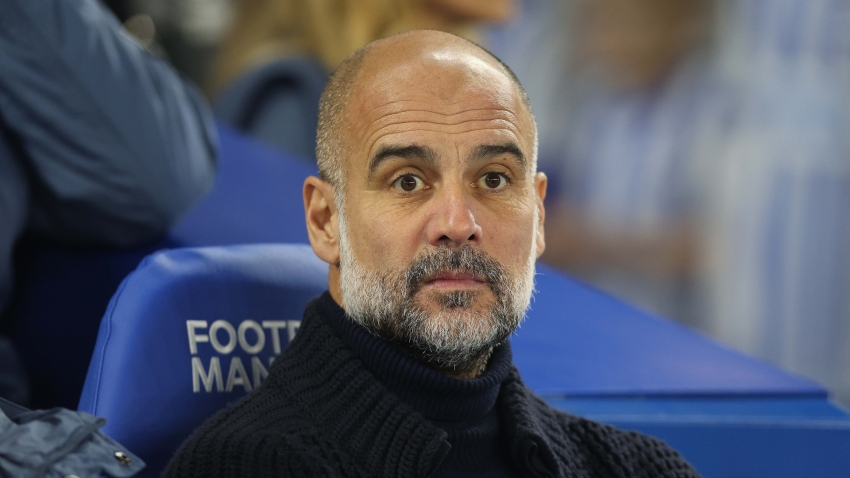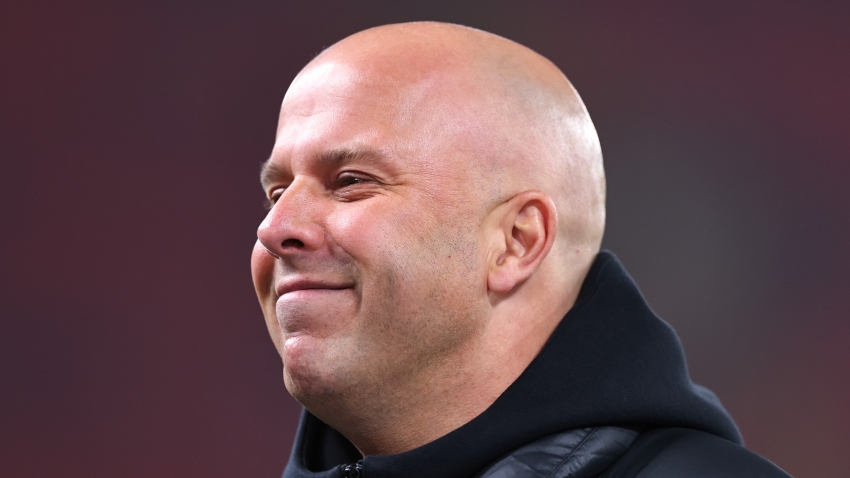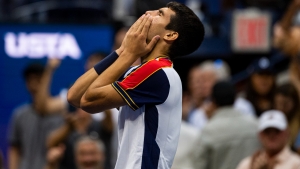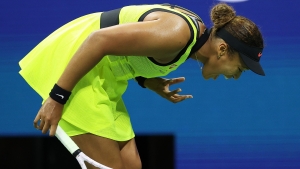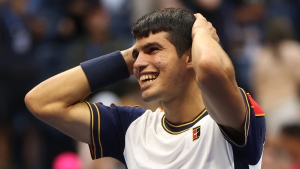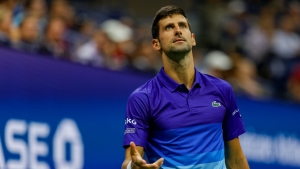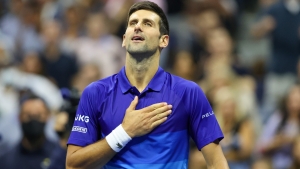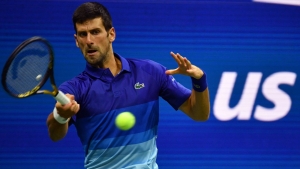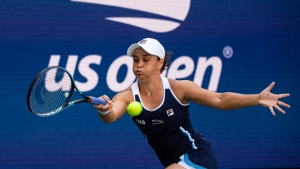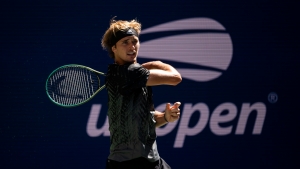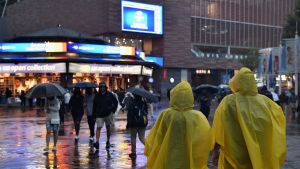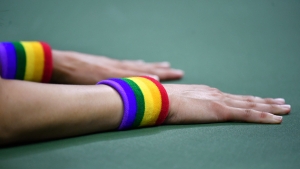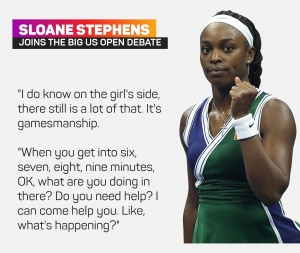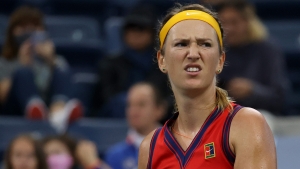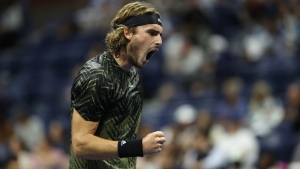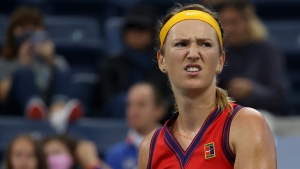Sloane Stephens sent Coco Gauff spinning out of the US Open – then joined the clamour to stop toilet break "gamesmanship" in tennis.
In Wednesday's opening night match on Arthur Ashe Stadium, former champion Stephens took the fast route past world number 23 Gauff, speeding to a 6-4 6-2 victory.
Now ranked 66th, Stephens won at Flushing Meadows in 2017 and was tipped by Gauff to challenge for the title again this year. By beating Madison Keys and now Gauff, Stephens is showing she still has major game, and another former champion in Angelique Kerber could be her third-round opponent.
Gauff, now 17, has known Stephens for over seven years, having attended the now 28-year-old's 21st birthday party.
But the American pair put friendship to one side for their showdown, with Gauff, who had been fancied by many to go deep this fortnight, having her threat stifled by an in-form Stephens.
"I think the last time we hit, she was probably like 12. It was a little bit different," Stephens said afterwards.
"It's just been really nice to see her game kind of evolve and the things that she's doing, like how she's able to turn so much defense into offense and kind of do those movements. She is great at the net. She has a really great all-around game. It's been really nice to see.
"She's different from a lot of the up-and-coming players we're seeing now that are just super hard hitting, not much variety. She has a lot of variety. I think a lot of the younger girls, there's half that are very hard hitting and half that have a lot of variety. I think she's in the bucket with a lot of variety."
Gauff was asked whether Stephens could now be considered a title contender and replied: "Yeah, definitely. Today she was playing well. I knew these last couple of tournaments she's been playing better and better. I hope that she can make it all the way to the end.
"Obviously if you are going to lose, you want to lose to the champion. I think that I feel like I've learned that I'm capable of making it far in slams. I think if I tighten up a few things, that I'm capable of winning one."
The debate over toilet breaks in tennis was sparked by Andy Murray being furious with Stefanos Tsitsipas for spending eight minutes in the bathroom before tackling the Scot in the deciding set of their first-round match.
Murray, frustrated to be left waiting for his opponent to reappear, followed up his Monday night fury with a tweet that charged Tsitsipas with taking twice as long to visit the toilet as Amazon mogul Jeff Bezos took to travel into space.
There was no such spat in Stephens' quickfire win over Gauff, but the rules on spending a penny have been the currency of many a news conference this week.
"I honestly just thought Andy's tweet was really funny," said Stephens. "I didn't see exactly what happened. I'm not sure. I just thought it was hilarious. We all are like huge Andy fans. We love him.
"I can't speak for what happened in that match, but I do know on the girl's side, there still is a lot of that. It's gamesmanship.
"I think there definitely needs to be a rule or changes. They make a lot of rule changes for smaller things, like they took one minute off the warm-up. If someone goes to the bathroom for nine minutes, no one says anything.
"Six, eight minutes is a long time to leave a match. That changes the whole momentum of a match. If you're changing your clothes, what are you changing? What are you doing in there?
"When you get into six, seven, eight, nine minutes, okay, what are you doing in there? Do you need help? I can come help you. Like, what's happening? I think that's more where the issues are because it just becomes pure gamesmanship."









